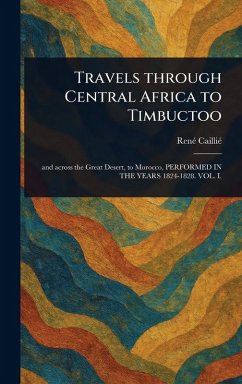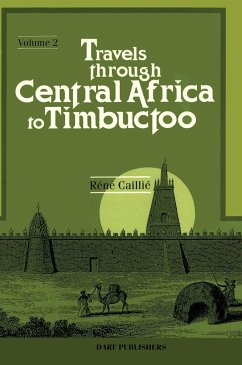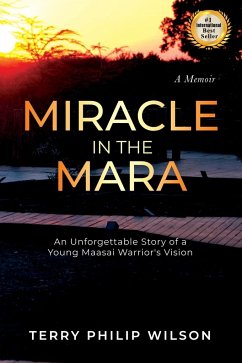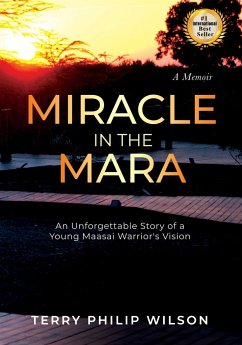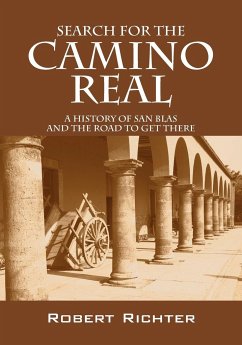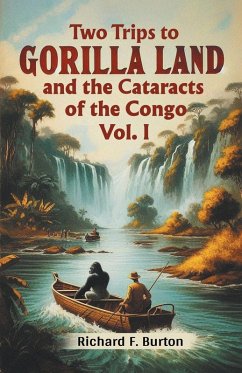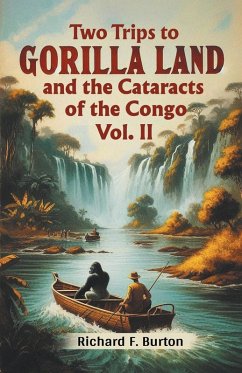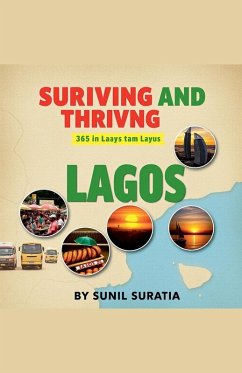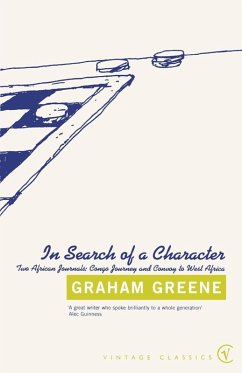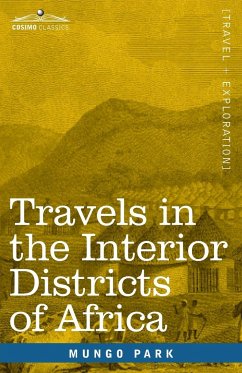
Travels in the Interior Districts of Africa
Performed in the Years 1795, 1796 & 1797, with an Account of a Subsequent Mission to that Country in 1805
Versandkostenfrei!
Versandfertig in 1-2 Wochen
25,99 €
inkl. MwSt.

PAYBACK Punkte
13 °P sammeln!
... war is certainly the most general and most productive source of slavery; and the desolations of war often produce famine, in which case a freeman becomes a slave, to avoid a greater calamity. -Travels in the Interior Districts of Africa, Mungo Park (1799) On May 22, 1795, Scottish explorer Mungo Park left England for Gambia, where he spent nearly two years travelling from the mouth of the Gambia River to Silla in current Mali. During this period, Park was robbed several times, captured by Moors, fell ill, and barely survived. He wrote Travels in the Interior Districts of Africa-Performed i...
... war is certainly the most general and most productive source of slavery; and the desolations of war often produce famine, in which case a freeman becomes a slave, to avoid a greater calamity. -Travels in the Interior Districts of Africa, Mungo Park (1799) On May 22, 1795, Scottish explorer Mungo Park left England for Gambia, where he spent nearly two years travelling from the mouth of the Gambia River to Silla in current Mali. During this period, Park was robbed several times, captured by Moors, fell ill, and barely survived. He wrote Travels in the Interior Districts of Africa-Performed in the years 1795, 1796 & 1797, with an Account of a Subsequent Mission to that Country in 1805, in which he theorized the Niger and Congo merged to become the same river. This travel classic was a contemporary bestseller with long-lasting influence on readers and great writers such as Joseph Conrad, Ernest Hemingway, William Wordsworth, and Herman Melville. In 1805, Park departed for a second expedition, during which he was killed after having successfully traveled about two-thirds of the way down the Niger. Travels in the Interior Districts of Africa is a must-read for anyone interested in travel literature and the history of West Africa.



